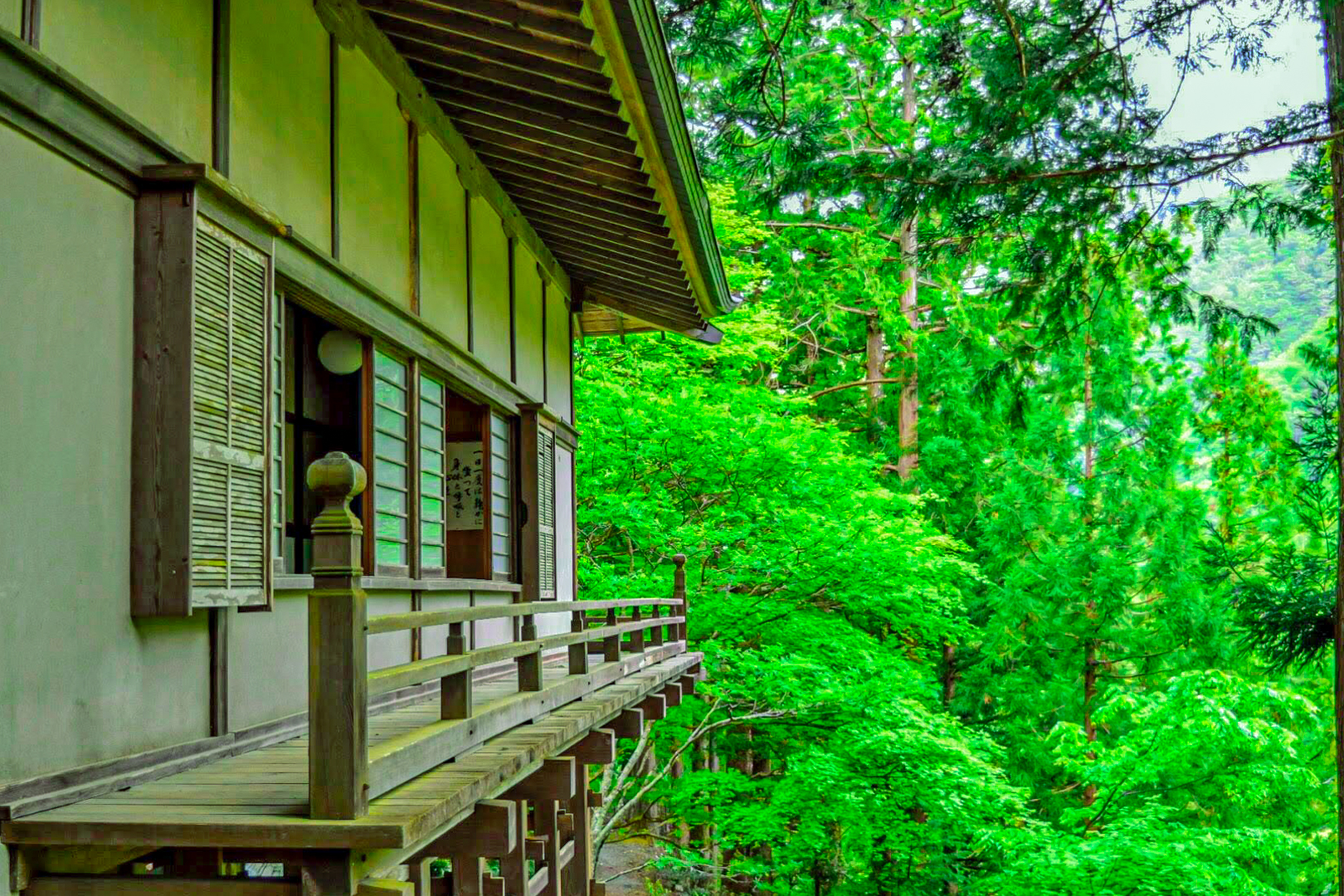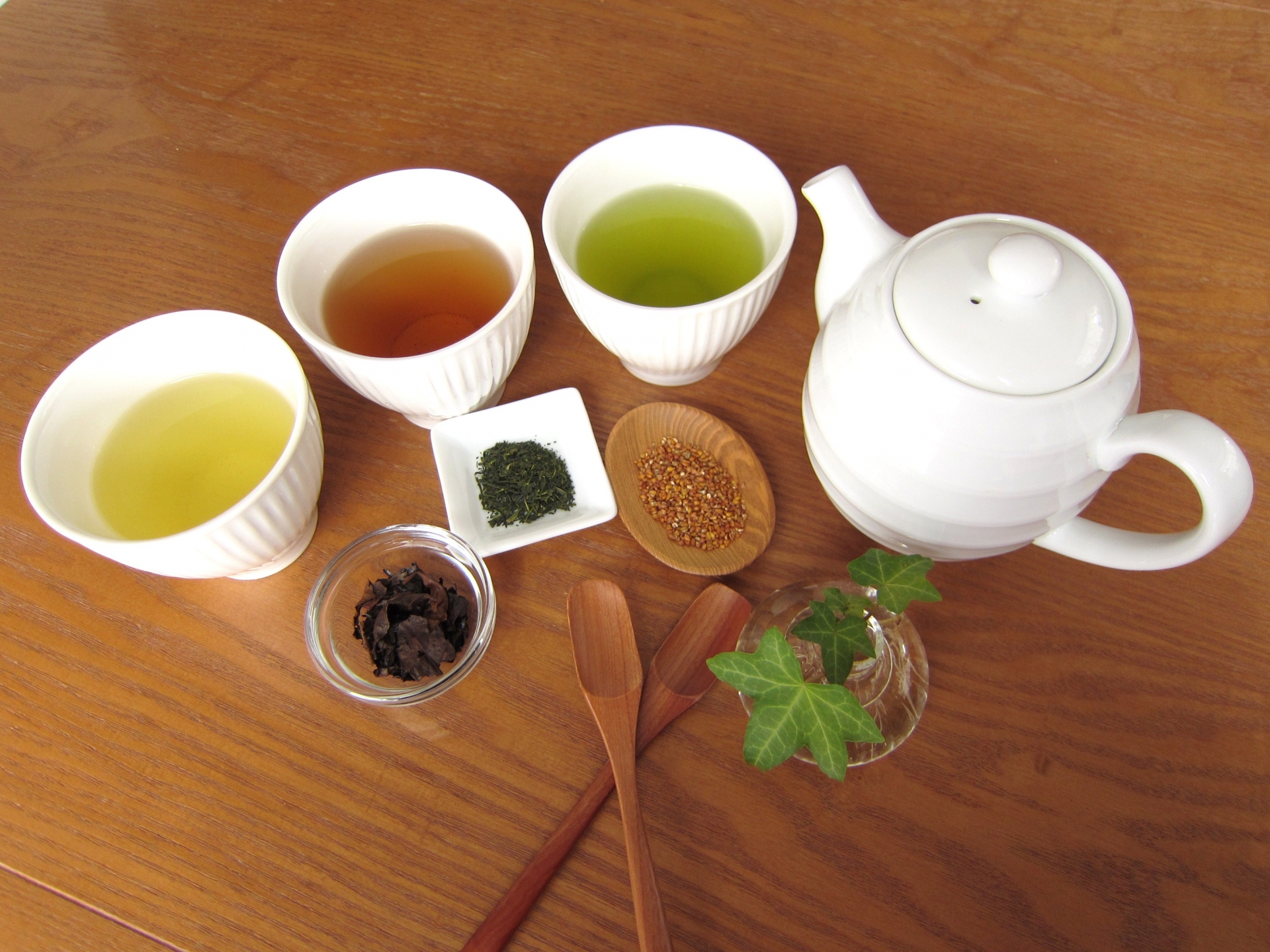For international tourists, visiting temples is one of the most popular things to do when travelling around Japan. There are literally countless numbers of Buddhist temples across Japan that you can easily visit and pray. Many of them have centuries of history, and some of them even offer accommodation for a temple stay known as “Shukubo”.
But what’s shukubo? Where is the best spot for your first shukubo experience in Japan? Here we explain about shukubo and introduce the 5 best tourist-friendly shukubo experiences in Japan!
What is Shukubo?
Shukubo is a casual style of temple stay that you can experience in historic temples in Japan. Some temples offer guest rooms where guests can stay overnight, which often comes with meals and interesting activities as options. It is a great way to get to know the real lifestyle of Buddhist monks through a range of experiences, including traditional temple meals called shojin-ryori and Buddhist practices that you can try while staying in historic temples. They basically accept everyone regardless of nationality or religious belief, making it an amazing accommodation option for anyone who is interested in a unique way of stay.
The history of shukubo dates back to the Heian Period (794-1192), when visiting temples became popular among the upper-class nobles. When their travel took multiple days and they needed to stay overnight somewhere, temples accepted them and provided guest rooms where they could rest and sleep. This culture eventually spread down to the lower-class people during the Edo period (1603-1868).

Today, along with other popular accommodation options such as modern hotels and traditional Japanese inns called ryokan, shukubo is now gaining its popularity for their zen activities and vegan diet from the international tourists.
Unique experience and activities at shukubo
Shojin-ryori (精進料理)
Shojin-ryori is a traditional Buddhist cuisine which is generally served at temples or traditional Japanese restaurants. It exclusively contains plant-based ingredients instead of using animal products such as meat and fish, making it a perfect option for vegetarians and vegans. Shukubo often comes with a shojin-ryori meal which allows you to try the healthy and simple cuisine at historic temples.
Recommended article to read: Shojin-Ryori: Buddhist Vegan/ Vegetarian Cuisine in Japan
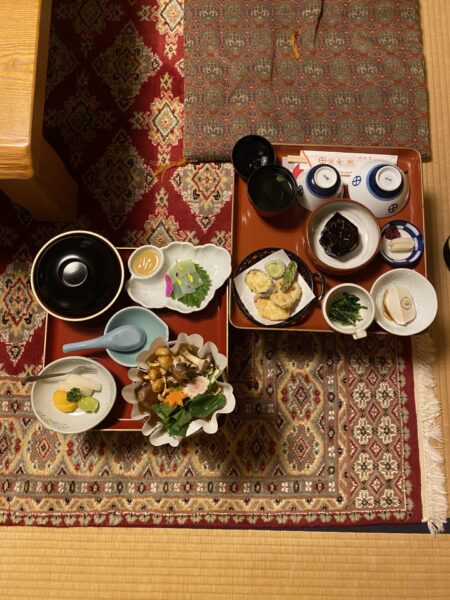
Zazen (座禅)
Zazen is a traditional Buddhist form of meditation which is known as zen meditation in western countries. It helps you reduce stress, improve blood circulation, and most of all, stay healthy both mentally and physically!

Shakyo/Hand-copying Buddhist Scriptures (写経)
Shakyo is one of the most popular Buddhist temple activities which is easy to try even for beginners. It is basically to copy the Buddhist scriptures to another paper by hand with black ink. Shakyo provides some great benefits, including becoming emotionally stable, improving concentration, and stimulating your brain! However, it’s all written in Japanese kanji, so it’s easier if you are used to writing kanji even if you don’t know the meaning.

Morning Ceremony (朝のお勤め)
Morning Ceremony could be another option if you are an early bird and interested in joining a traditional morning prayer held by Buddhist monks. Participating in a sacred ceremony at a silent temple in the early morning will become an unforgettable memory for you!
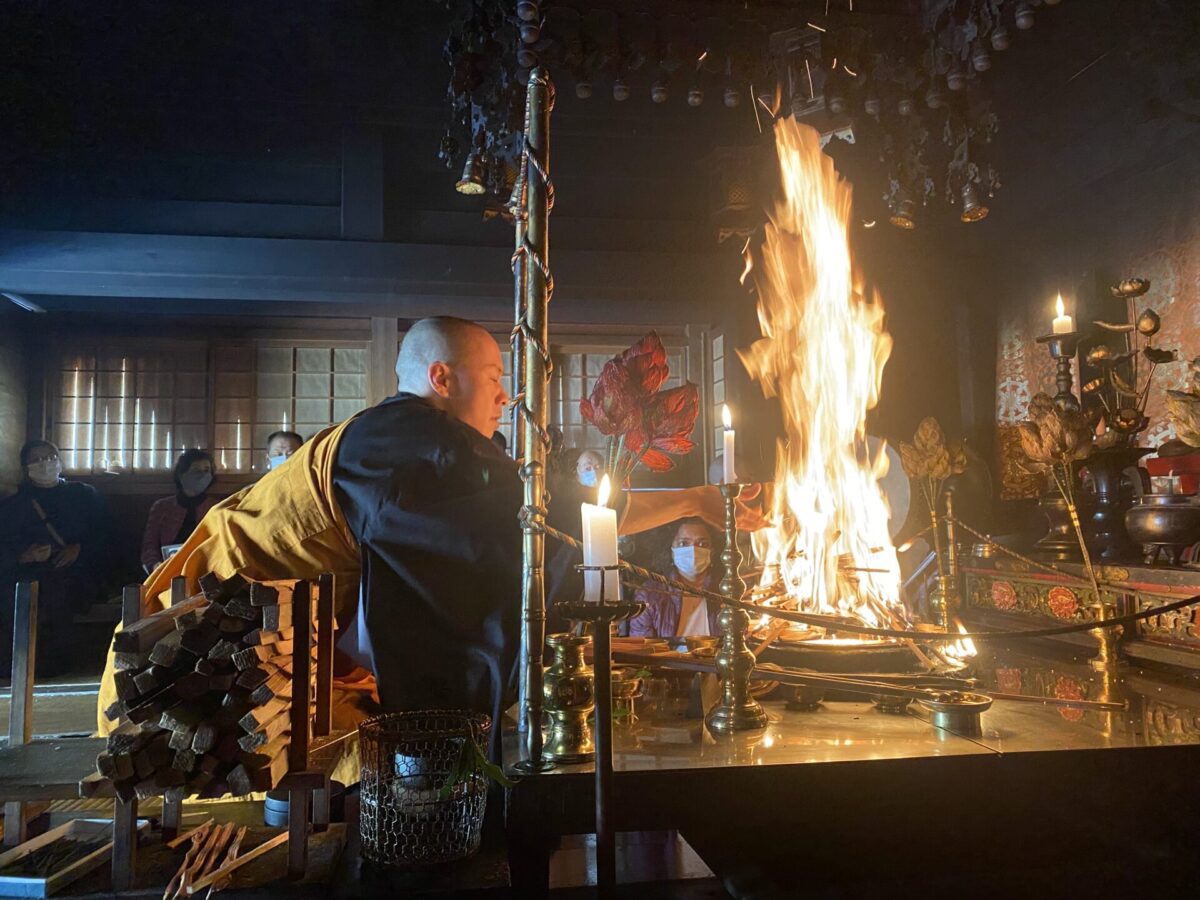
Best Shukubo Experiences in Japan
Shukubo Koyasan Eko-in Temple (Wakayama)
Koyasan is probably the perfect spot for your first shukubo experience. It is home to great numbers of historic temples and sacred spots which have welcomed tourists for over centuries. Eko-in Temple is a beautiful temple which offers a highly rated shukubo experience. Their Japanese-style guest rooms feature tatami mat floor, Japanese futon and lovely retro style furniture, which offers a comfortable stay similar to ryokan for international tourists. The modern bathroom is spacious, clean and easy to use. Unlimited Wi-fi access is also available. Guests also can freely explore the temple, which will allow you to enjoy the beautiful temple from a different perspective. It is also enjoyable to join a special morning ceremony which takes place at 6:30am.
▶Book Shukubo Koya-san Eko-in Temple
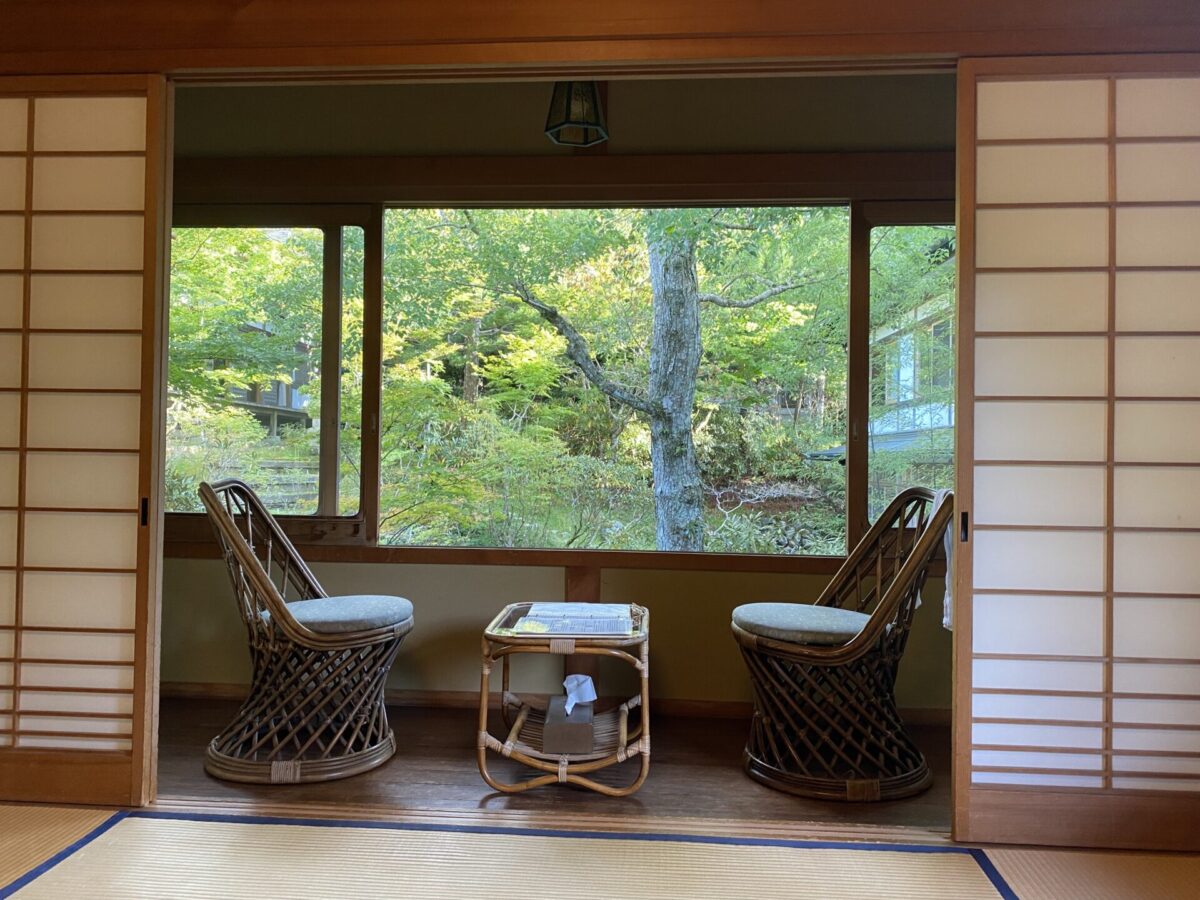
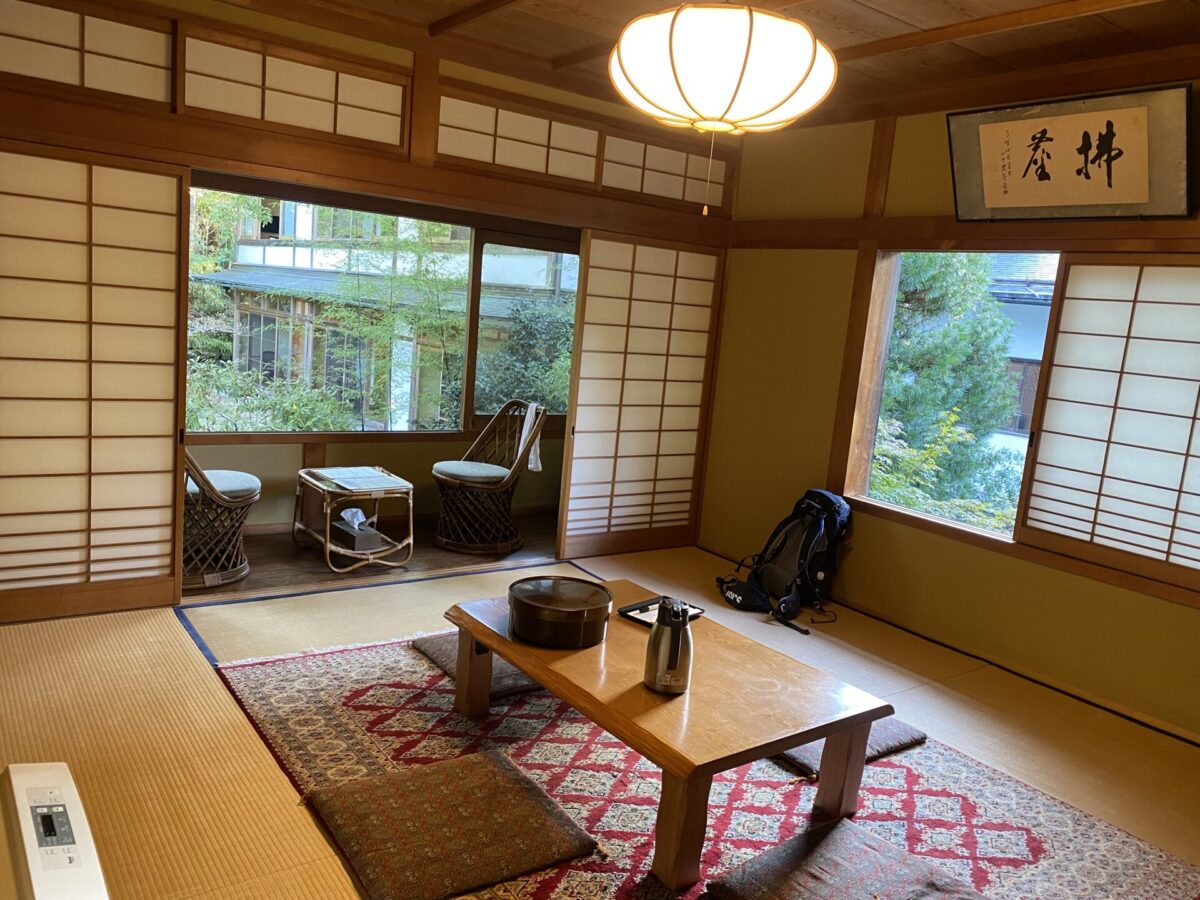
Koyasan Shukubo Sainanin (Wakayama)
Another shukubo spot in Koyasan is Sainanin, which has over 1,100 years of history. It boasts a perfect location which is about 3min walk to Koyasan Daimon Gate, and a 15min walk to Kongo-buji Temple, making it a popular stay option for travelers who are planning to spend multiple days in the area. They offer a range of interesting activities, including morning ceremony, zen meditation, and hand-copying Buddhist scriptures. Traditional shojin-ryori is served for breakfast and dinner. Each guest room offers an incredible view of a traditional Japanese-style garden which features colorful autumn leaves in fall!
▶Book Koyasan Shukubo Sainanin
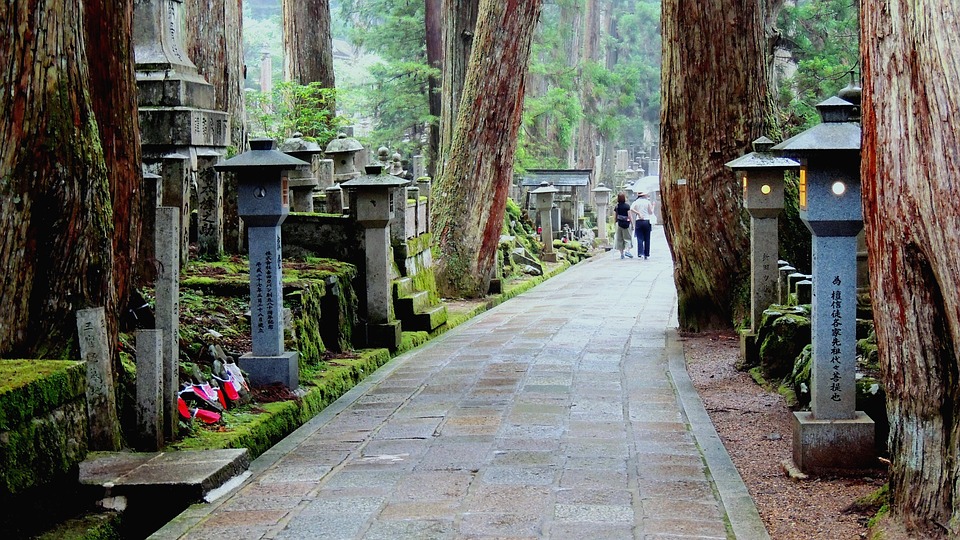
Temple Lodging Shukubo Kakurinbo (Yamanashi)
One of many shukubo located at Mt. Minobu, Shukubo Kakurinbo is a part of sattelite temples of Kuon Temple. Many international tourists stay at this shukubo, and a friendly english-speaking host will give you a warm welcome when you get there! Participate in the sacred morning ritual in the early morning, and taste the shojin-ryori with a view of the traditional Japanese garden. Take a wine bath to warm yourself up from a long day, and don’t forget to try their original craft beer!
It is also close to Mt. Fuji, take a ropeway to the top of Mt. Minobu and you’ll see a beautiful view of Mt. Fuji on a clear day.
▶Book Temple Lodging Shukubo Kakurinbo
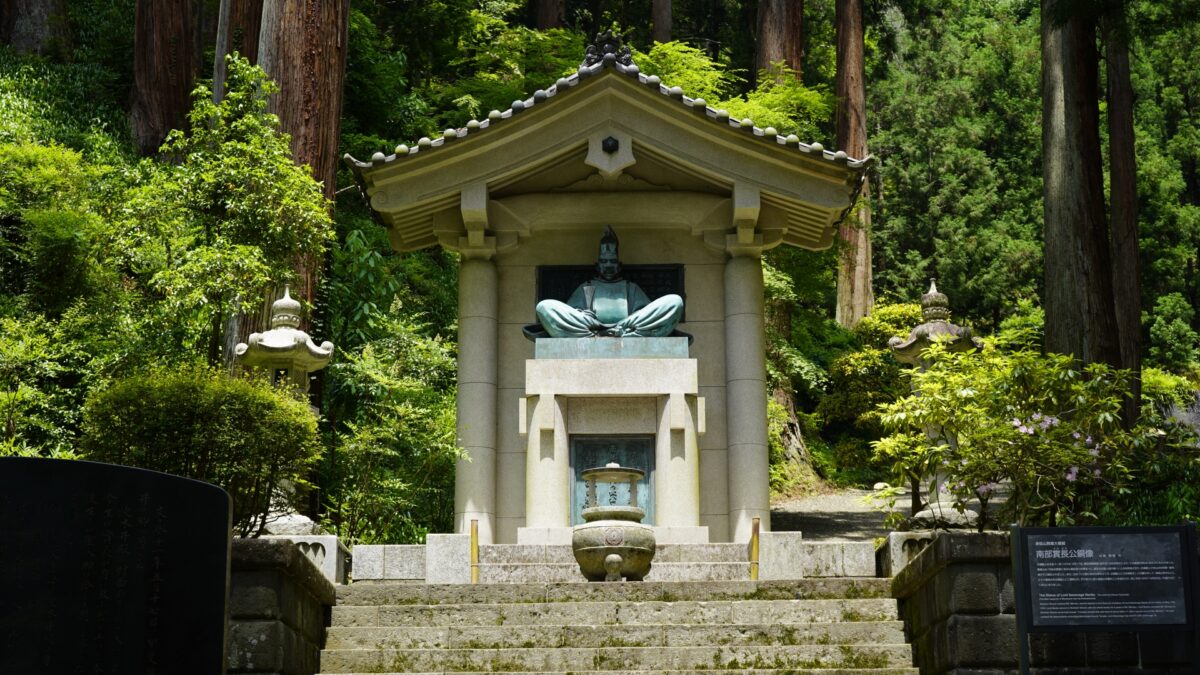
Shukubo Komadori-Sanso (Tokyo)
If you are looking for a memorable shukubo experience around Tokyo, Shukubo Komadori-Sanso is something that you can’t miss! It is located at the top of Mt. Mitake, a symbolic mountain in Chichibu Tama Kai National Park which encompasses the western part of Tokyo. Mt. Mitake is a popular hiking spot which offers great hiking trails passing through the scenic mountain. Komadori-Sanso welcomes visitors with friendly services and hospitality which remind you of traditional Japanese ryokan. Guest rooms have different capacity and price that you can choose from depending on the size of your group and budget. A Japanese cypress bath is a refreshing, unique experience which helps you release your tight muscles after a long hike!
Taikoji Shukubo Hostel (Mie)
Taikoji Shukubo Hostel is a lovely shukubo located in the seaside of Ise city, Mie prefecture. It is about a 20min drive from Ise Jingu (also known as Ise Grand Shrine), the most famous tourist attraction in Mie with a history of over 2,000 years. Other popular spots, including Ise Sea Paradise and Futamiokitama Shrine are also easily accessible on foot. The main building of the shukubo was built over 100 years ago, but each guest room is fully air-conditioned and unlimited Wi-fi access is also available. It is adjacent to Taikoji Temple, a beautiful Buddhist temple established by a famous priest known as Gyoki back in the 8th century. Guests also can get free access to the shared dining room which features a microwave, an electric kettle and a refrigerator. Standing on a small hill, it offers a stunning view of the Ise Bay and the surrounding areas. From there, you can enjoy a beautiful sunrise early in the morning after joining a morning ceremony!
Japan Wonder Travel Tours
If you need some help to organize your trip to Japan, you should definitely check out our private tour including an English guide. We’re glad to help you make your trip to Japan a safe, comfortable, and unforgettable memory.
Visit the must-visit highlights in Tokyo and Kyoto with our friendly guide! This tour is flexible and the destination is customizable according to your requests.
We also have some fun group tours at local foodie spots!
- Tokyo Fish Market Tour at Tsukiji
- Kyoto Food and Drink Tour at Nishiki
- Osaka Food and Drink Tour at Kuromon Market and Dotonbori Area
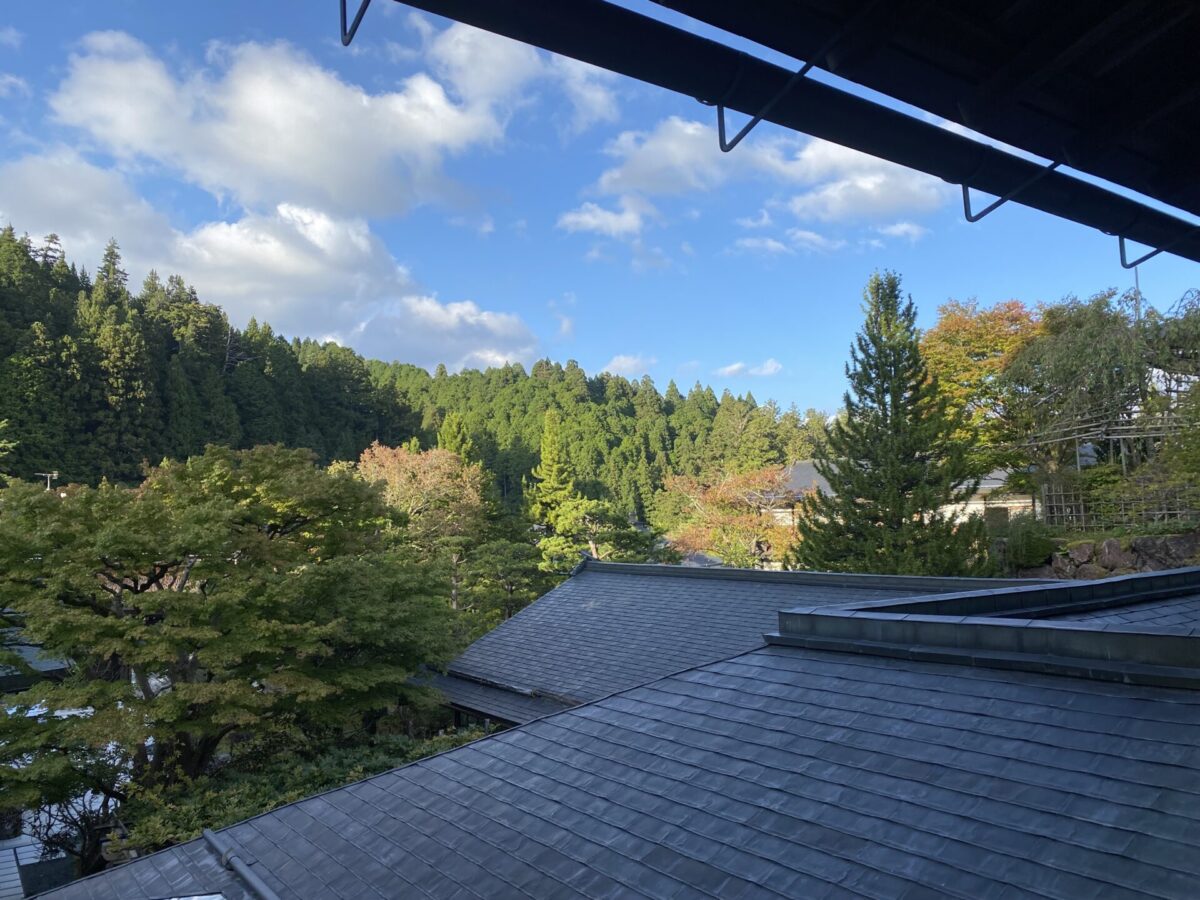
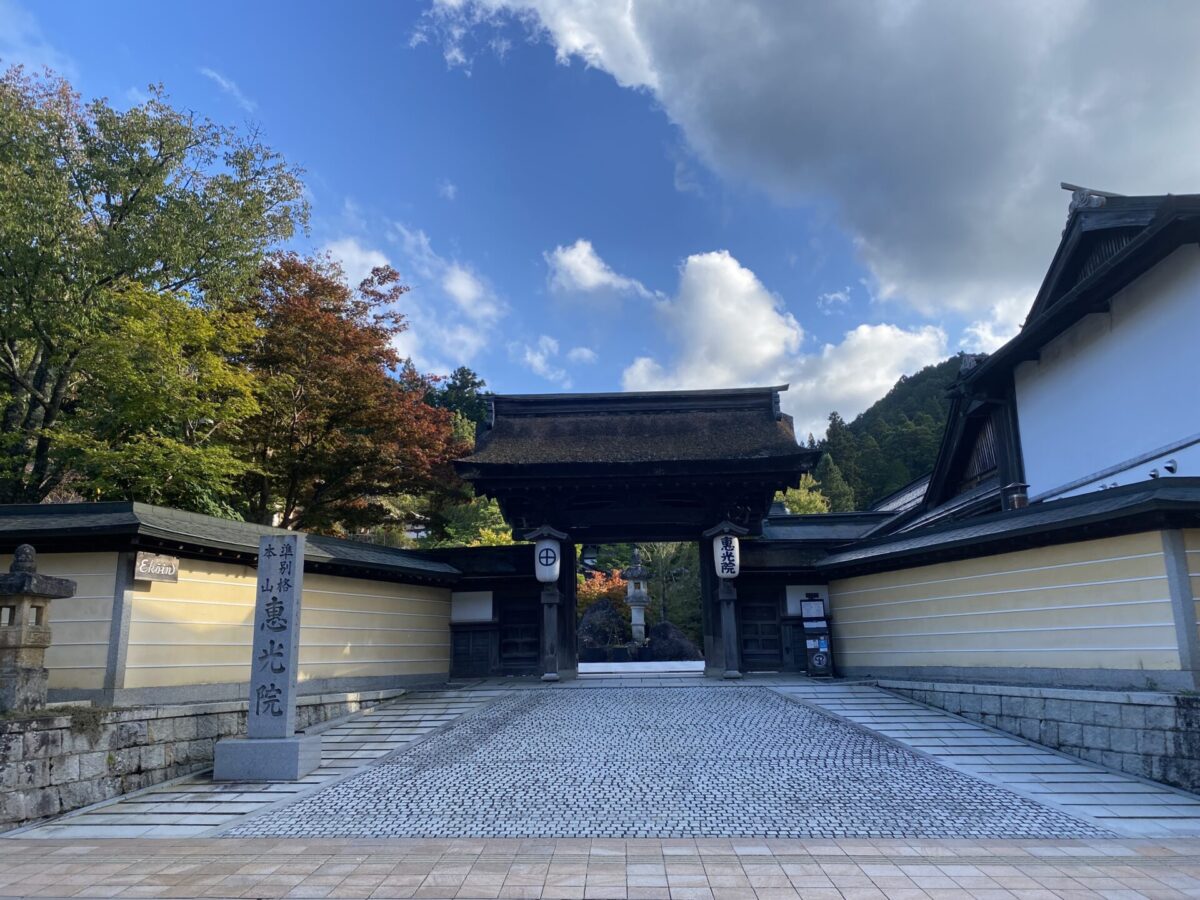
If you have never stayed at Buddhist temples before, trying shukubo may sound a bit challenging. But actually, it is much more casual and comfortable than you think, and most of all, it is relatively affordable compared to other popular accommodations such as traditional Japanese ryokan. Why not choose shukubo for a quiet, zen and cultural experience for your next trip to Japan?
Follow us on Instagram, Facebook and Twitter for more travel inspiration. Or tag us to get featured!
Happy travelling!
Recommended Tours:
Other articles you may like

Miho Shimizu is a Japanese freelance writer settled in Shizuoka with her husband and two rabbits. Fascinated with travelling at the age of 18, she has spent most of her long holidays exploring incredible spots around Japan. Also love to listen to music, draw, and read novels over a cup of green tea.
This post may contain some affiliate links. When you click through and make a purchase we may receive some commission, at no extra costs to you.
